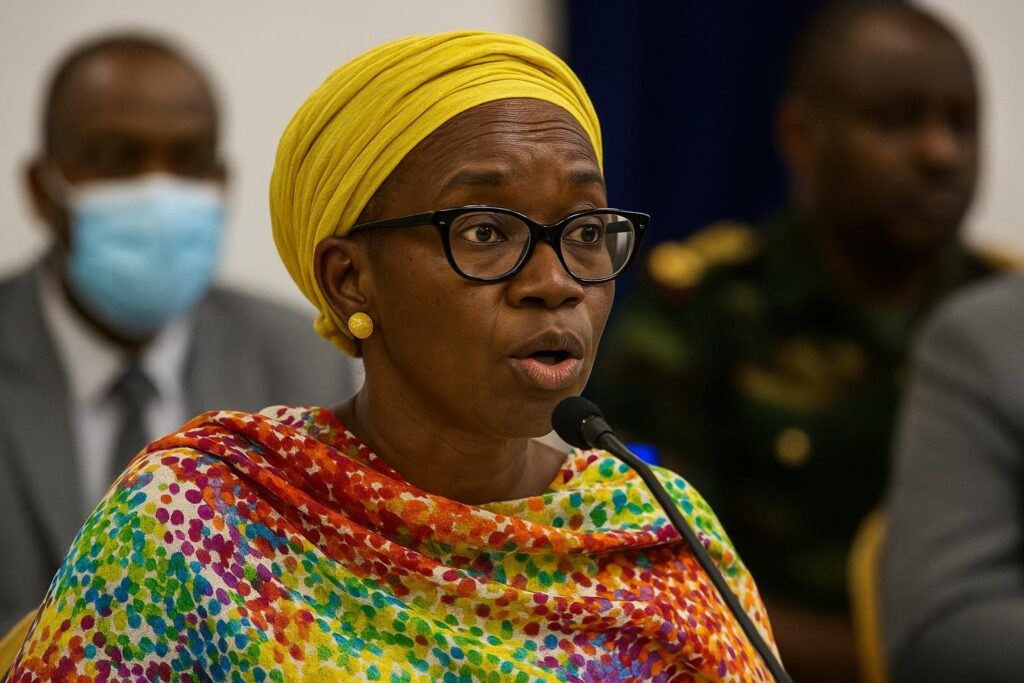R-ARCSS at a crossroads
Addressing the fourth extraordinary R-JMEC plenary in Juba on 7 October, UN Deputy Special Representative Anita Kiki Gbeho affirmed that the Revitalized Agreement on the Resolution of the Conflict in South Sudan, signed in 2018, remains the single recognised roadmap toward durable stability.
Escalating security concerns
UN human-rights monitors recorded a 59 percent rise in conflict-related civilian casualties between January and September compared with 2024. Reports of aerial bombardments and clashes among signatory forces underline the fragility of the ceasefire and magnify fears of a renewed nationwide war.
Political tensions deepen
Since March 2025, First Vice-President Riek Machar and senior SPLM/A-IO officials have been kept under restricted movement, a development observers view as exacerbating mistrust among parties. The UN insists any legal process must respect transparency and due process, in line with international standards.
Humanitarian access under strain
Over 321,000 people have fled new violence this year, while refugees continue to arrive from Sudan. Aid agencies reported seventy obstruction incidents by September, double last year’s figure. Ms Gbeho cautioned that unchecked impediments could push parts of the country toward a full-scale nutrition emergency.
Call for inclusive dialogue
The UN envoy described today’s challenges as man-made and therefore solvable through open, inclusive discussion among signatories, civil society and displaced communities. She urged leaders to recommit publicly to the 2018 timetable, agree on security reforms and guarantee safe humanitarian corridors nationwide.
Regional stakes for peace
Neighbouring states, already hosting millions of South Sudanese refugees, quietly back the UN stance. Analysts note that sustained calm would unlock cross-border trade corridors reaching ports on the Red Sea and the Atlantic, a prospect welcomed by Central Africa’s business community, including firms in Congo-Brazzaville.


